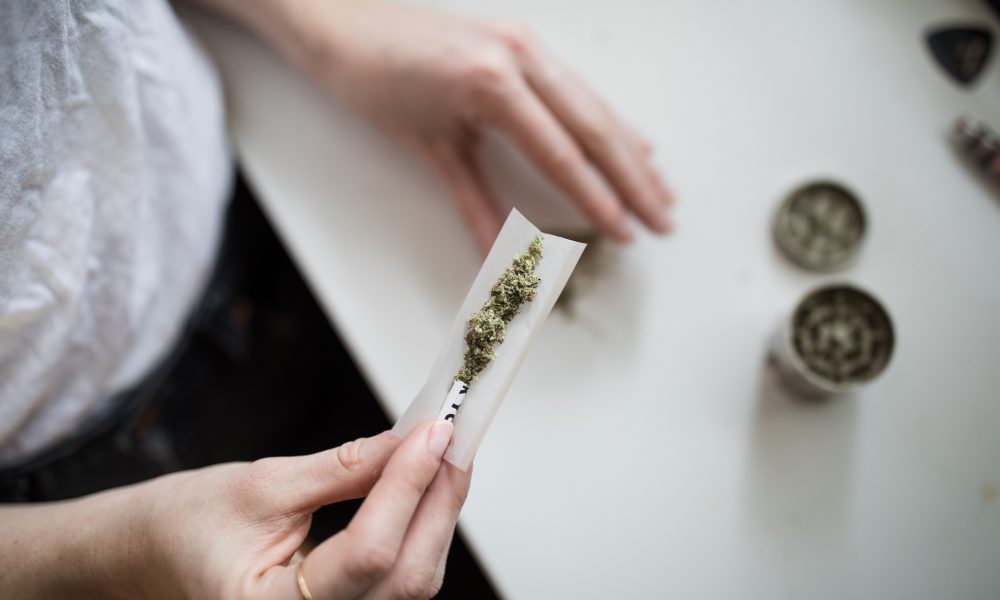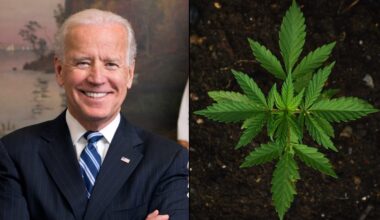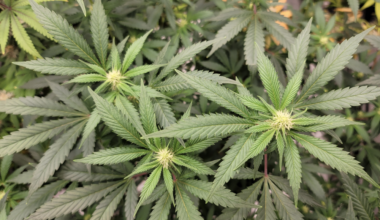Early voting kicked off in Austin, Texas on Monday, giving voters a chance to decide on a local initiative to decriminalize marijuana and ban “no-knock” warrants by police.
The Austin City Council approved a resolution to put the reform measure on the local ballot after activists with Ground Game Texas turned in enough signatures to qualify the initiative in January.
Early voting for Prop A in the City of Austin starts April 25. 🍃 If approved, the ordinance would eliminate enforcement of low-level marijuana offenses + ban the use of “no knock” warrants by Austin police.
📌 More info: https://t.co/M2cIlvtvfe pic.twitter.com/Fwn7ZmnjIM
— City of Austin (@austintexasgov) April 20, 2022
Now the proposal is officially in voters’ hands, with in-person early voting open until May 3. For those who don’t take advantage of that option, Election Day is on May 7.
Here’s the text that voters will see on the ballot for Proposition A:
“Shall an initiative ordinance be approved to (1) eliminate enforcement of low-level marijuana offenses and (2) ban the use of “no knock” warrants by Austin police?”
Activists turned in more than 33,000 signatures for the measure—about 10,000 more than required to qualify.
On the same day that the initiative was certified, Gov. Greg Abbott (R) said that he doesn’t believe people should be incarcerated over low-level marijuana possession.
While Austin, as well as other Texas cities like Dallas, have already independently enacted law enforcement policy changes aimed at reducing arrests for cannabis-related offenses by issuing citations and summons, the ordinance would go a step further.
The measure seeks to end arrests and citations for misdemeanor marijuana possession within Texas’s capital city. Also, it says police cannot issue citations for residue or paraphernalia in lieu of a possession charge.
Ground Game Texas previously attempted to place the initiative on the November 2021 ballot, but they did not meet the signature turn-in deadline and shifted their attention to 2022.
The group is also behind campaigns to put marijuana decriminalization on local ballots in Killeen and Harker Heights, and activists in San Marcos began a similar campaign in September. Last week, organizers in Denton announced that they believe they have enough signatures to qualify a cannabis reform measure.
—
Marijuana Moment is already tracking more than 1,000 cannabis, psychedelics and drug policy bills in state legislatures and Congress this year. Patreon supporters pledging at least $25/month get access to our interactive maps, charts and hearing calendar so they don’t miss any developments.![]()
Learn more about our marijuana bill tracker and become a supporter on Patreon to get access.
—
There is no statewide, citizen-led initiative process that would enable advocates to put an issue like decriminalization or legalization on the Texas ballot. But at the local level, there are limited cases where activists can leverage home rule laws that allow for policy changes.
A recent poll found that a strong majority of Texans—including most Republicans—support even broader reform to legalize marijuana for adult use.
The survey from the University of Houston and Texas Southern University found that 67 percent of Texas residents back the broad reform. Fifty-one percent of participants who identified as Republican said they back legalization.
In Texas, drug policy reform did advance in the legislature during last year’s session, but not necessarily at the pace that advocates had hoped to see.
A bill to expand the state’s medical cannabis program and another to require a study into the therapeutic potential of certain psychedelics for military veterans were enacted.
Advocates remain disappointed, however, that lawmakers were unable to pass more expansive cannabis bills—including a decriminalization proposal that cleared the House but saw no action in the Senate.
The House approved a cannabis decriminalization bill in 2019, but it did not advance in the Senate that session.
The Texas Republican Party adopted a platform plank endorsing decriminalization of marijuana possession in 2018.
A Texas poll that was released over the summer found that 60 percent of voters in the state support making cannabis legal “for any use.”
Separately, the state Supreme Court last month heard testimony in a case concerning the state’s ban on manufacturing smokable hemp products—the latest development in a drawn-out legal battle on the policy first proposed and challenged in 2020.
Medical Disclaimer:
The information provided in these blog posts is intended for general informational and educational purposes only. It is not a substitute for professional medical advice, diagnosis, or treatment. Always seek the advice of your physician or other qualified healthcare provider with any questions you may have regarding a medical condition. The use of any information provided in these blog posts is solely at your own risk. The authors and the website do not recommend or endorse any specific products, treatments, or procedures mentioned. Reliance on any information in these blog posts is solely at your own discretion.







